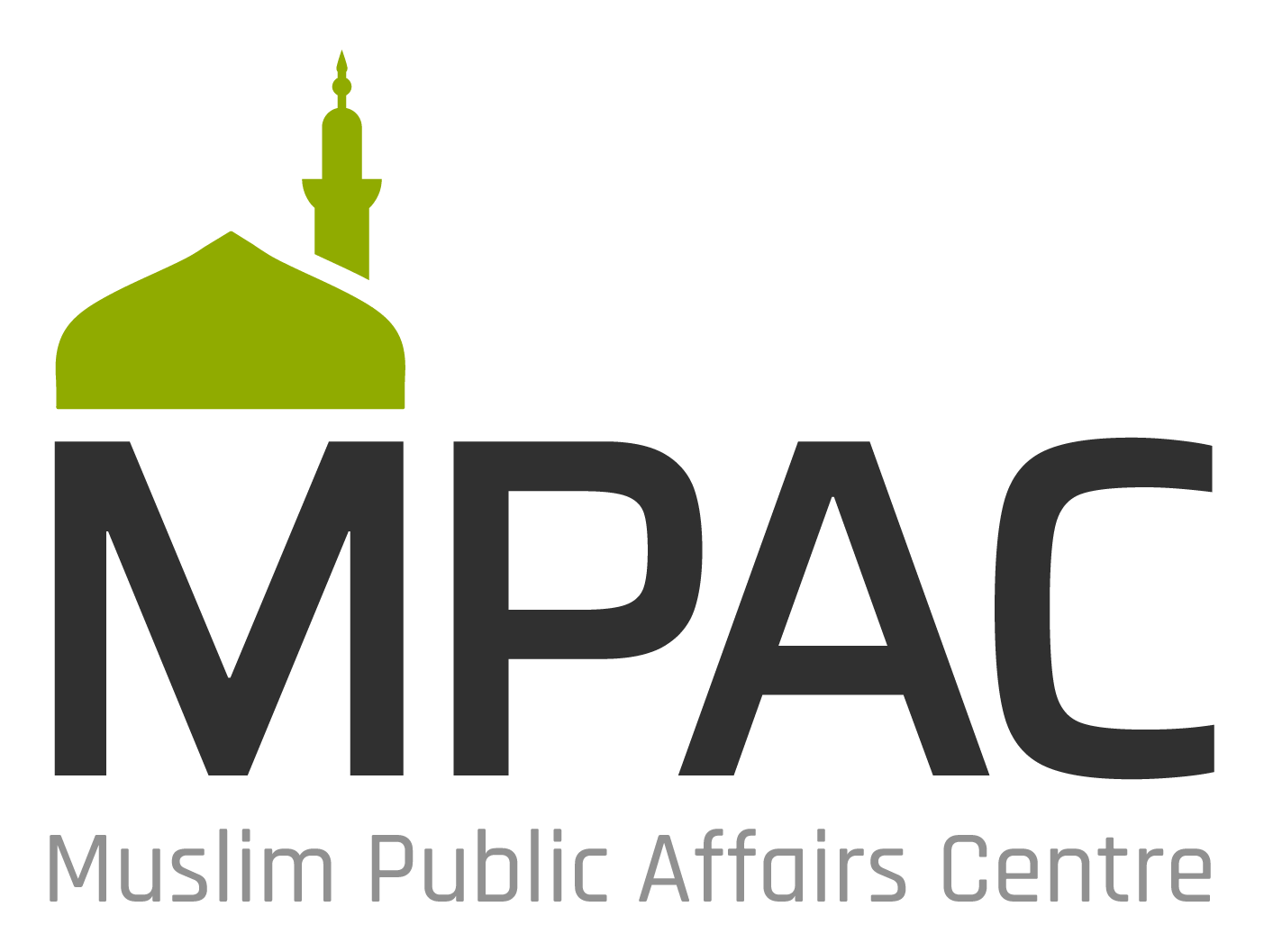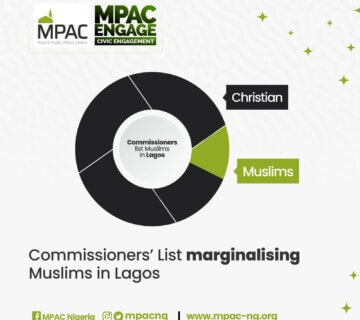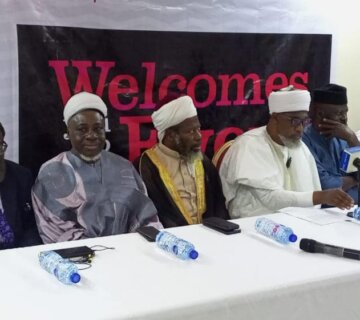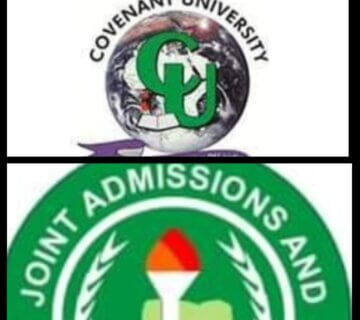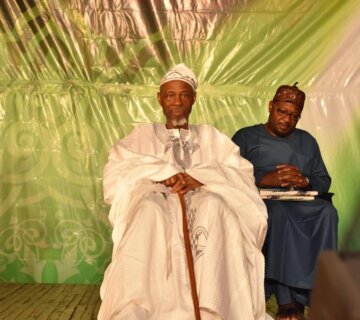Project VIP
Voice | Identity | Participation
MPAC Project on Voice, Identity and Participation in the Nation’s Polity
Friday, 5 April 2019.
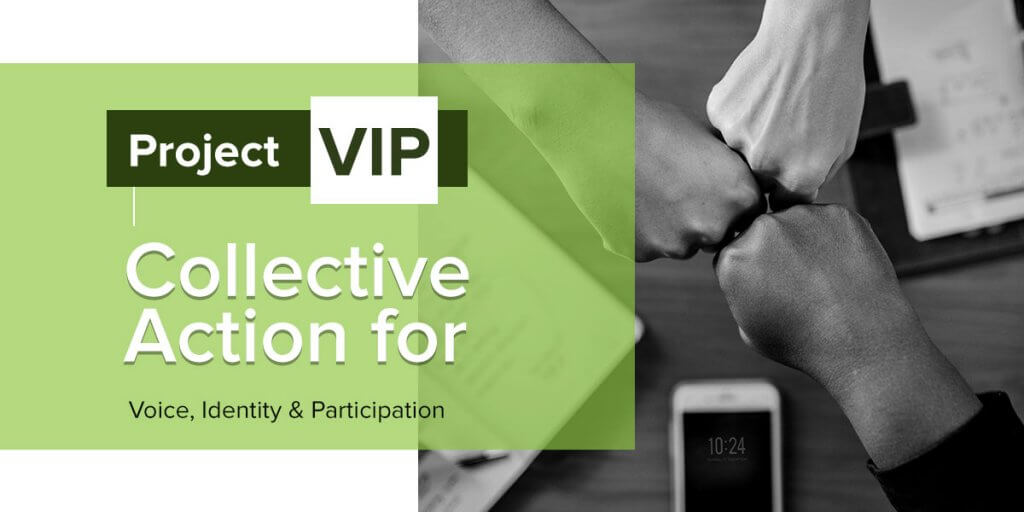
Yes. Our VIP, The Voice, Identity and Participation mandate of MPAC is all about public engagement. Happily, we run a campaign, Engage! now.
Indeed, the way public engagement works is everybody brings all little experiences that have worked to solve a problem before together.
It is called shared experiences including experiences in failures and half successes.
The common question in public engagement is how do we understand ourselves and see things from each other’s perspectives? What do I say that brings out the best in others, that solves a problem, that leads to change in attitude and behaviour, how do I say it, not only by words of mouth but in things I do? How do I get people to act to achieve the desired goal or end?
In public engagement or communication, we are not concerned about the message alone. The messenger, the channel, the receiver, the feedback, the noise and distortions, the result, outcome, or impact are as well important. The process of the message production and its timing, the quality and calibre of those who participate in the communication and public engagement process are equally important to give credibility.
To all I have sent this message, the logic is to understand in depth the issue of the image and perception of Islam and Muslims everywhere.
Why is it an issue? How do we address it? What is the implication if left unaddressed? These are enduring questions? Do we call this process Strategic Issue Identification in the policy language?
In deliberating on these, we are engaging in another process called generative learning. Having sufficiently learnt from ourselves in the suggestions we have made in addressing the issues and concerns we identified together, we get into the serious business of planning and management, implementing or executing our plans.
Planning of cause is a proposition on things we need to do, how, cost in manpower, material and financial, strategic, tactical, logistic and operational, long term, medium term and short term.
We must factor the logistics and delivery. It involves plans for resource mobilization and allocation, it entails manpower planning and we must not forget how we track progress or measure performance through monitoring and evaluation.
What are the result areas with which we want to benchmark our performance or the key performance indicators, the KPI? Who are the peers with which we must review ourselves?
We do not want to waste resources or underutilize our talents and assets.
Time has come that Muslim organizations must introduce professionalism in Islamic work by being strategic. We must run the Islamic mission with the best management models that work for a successful or sustainable corporate organization.
Happily, at MPAC, we all have rich experiences working in public and corporate sectors. Our experience is what we want to loan Allah in working for Islam through MPAC.
Dear brothers and sisters in the mission, this is a serious business but a good bargain in struggling in the path of Allah with our mind and means. It is an honour to belong to this media and strategic communications team. For this honour, we bring that which Allah has given us the privilege to acquire in the knowledge of strategic planning and management to craft the media vision of MPAC.
We are not to do just an ad hoc thing but a work on an enduring assignment that positively positions Muslims in public affairs in our polity, changing public perception of Islam through PROJECT VIP.
Alhamdulillah.
Abdulwarees Solanke
Director, Media & Strategic Communications,
Muslim Public Affairs Center, Nigeria
abdulwarith.solanke@mpac-ng.org
—————–
www.mpac-ng.org
MPAC is a non-partisan Muslim organisation with the political empowerment of the Nigerian Muslims as one of its core focus areas.
